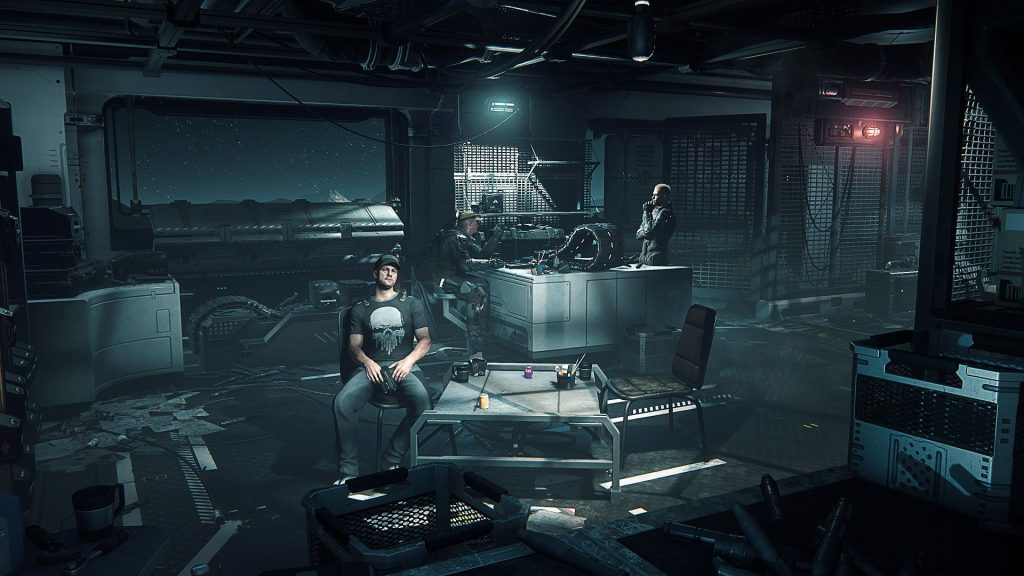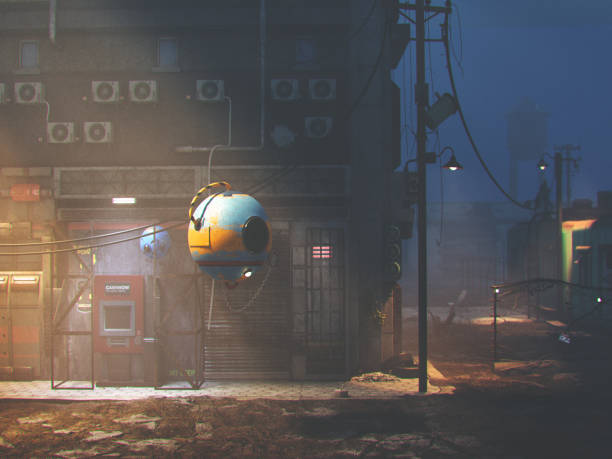Computer-generated fiction! What could be better? Think of the time you could save and the pacing up and down thinking and the thesaurus-thumbing.
I have not yet sampled its delights but I would have to start out with (click on) Hero story as opposed to (click on) relationship stories/beach reads. Then when I got to the option of Hero story I would have further options; (click) YA hero poor-with-hidden-magic-talents or military sci-fi commander or tortured-by-past hero or Empress of the Golden Plains.

And what about the dialogue? I find that intriguing. I imagine garbled AI voices as all your options implode and bot voices speak to one another, taking on lives of their own.
Lincoln Michel’s substack touches on this. His substack is called Counter Craft and it’s always interesting. The article is called ‘Outsourcing Originality’. He refers to an author that uses a program called Sudo-Write and I looked up that author’s book and it has not done well. In fact, abysmally.
So many authors that I read or try to read seem to have grown up in a netherworld of urban isolation, as if quarantined. They imagine their main characters as people who are subject to events and then have emotions about these events. Doingness or intelligent problem-solving is rare, most characters seem insolvent, in a psychological sense. It’s the fashion for victim characters, I suppose. They always seem holier and more pure than do-ers. (Using David Foster Wallace’s terminology). I wonder what Sudo-Write does with this situation.
On another substack site I came across this alarming statistic; “98% of the books that publishers released in 2020 sold fewer than 5,000 copies.”
Scary.
Best seller, 9th Century

I just re-read 1984 and halfway through I grew really weary of Winston’s confused inertia. I suppose Orwell was trying to show how even the best-intentioned human being was overcome by television propaganda, but still. At any rate, I had forgotten that the girl worked in the Fiction Department.
…in Preparation for the Two Minutes Hate a girl (came into the room) whom he had often passed in the corridors. He did not know her name but he knew she worked in the Fiction Department. Presumably — since he had often seen her with oily hands and a spanner — she had some mechanical job on one of the novel-writing machines.
And It was the girl with the dark hair… as she came nearer he saw that her right arm was in a sling…probably she had crushed her hand while swinging round one of the big kaleidoscopes on which the plots of novels were ‘roughed in’. It was a common accident in the fiction department.
And …She enjoyed her work, which consisted chiefly in running and servicing a powerful but tricky electric motor. She was ‘not clever’ but was fond of using her hands and felt at home with the machinery. She could describe the whole process of composing a novel, from the general directive issued by the Planning Committee down to the final touching-up by the Rewrite Squad. But she was not interested in the finished product. Books were just a commodity that had to be produced, like jam or bootlaces.

Futureology back in the Fifties had no concept of the digital. Same with Stanislav Lem’s Solaris. But one doesn’t mind, the stories that are told are so gripping. Who cares if they were using glass retorts and paper records in the space-station labs, I for one do not. And wonderful Ray Bradbury didn’t gave a damn one way or another, he had his spacemen stepping out of their spaceship on Mars and setting up a card table on which to spread their lunch sandwiches. Probably tuna.

